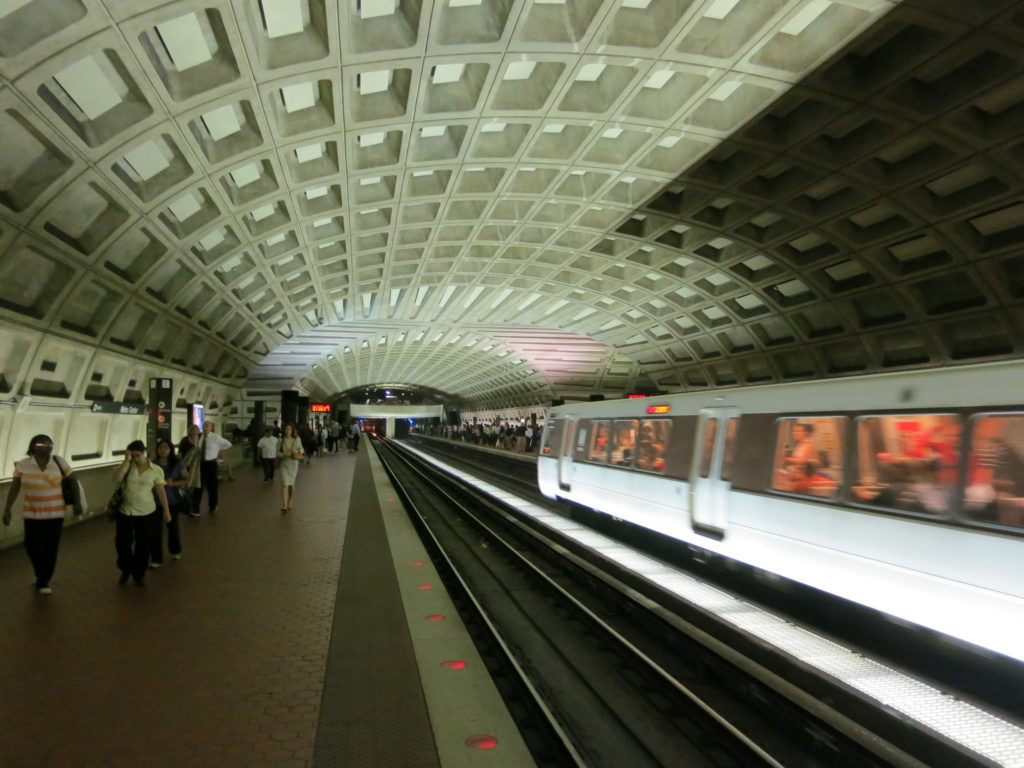According to a press release from the office of Speaker of the House Kirk Cox (R-Colonial Heights), Republican leaders in the Virginia House of Delegates have introduced a legislative plan to reform the Metro system without raising taxes.
The Metro system, which is utilized by those in Northern Virginia, D.C., and Maryland, has been languishing for repairs for decades and has constantly drawn complaints from riders.
On Thursday, Republican leaders Speaker Cox, Caucus Chairman Tim Hugo (R-Fairfax) and House Appropriations Chairman Chris Jones (R-Suffolk) announced the plan at a press conference, providing insights on the reform.
They stated that Virginia will invest $100 million on an annual basis in the mass transportation system without raising taxes on those in the commonwealth, a chief concern among many.
House Bill 1539 is set to amend the Washington Metropolitan Area Transit Authority (WMATA) compact of 1966. The legislation will create a three-person interim advisory commission that is required to advise on recommendations, “to the signatories on reforms to the National Capital Interest Arbitration Standards Act,” according to the bill. Moreover, $100 million will be appropriated from the General Fund to assist in maintenance and improvements on the Metro rail lines and its facilities.
“We understand how important Metro is to Virginia’s economy, specifically the Northern Virginia business community,” said Speaker Cox. “It’s a core asset to the region, generates over $600 million in tax revenue, and is responsible for the continued economic success of the region, but the system needs dire reforms,” he added.
The plan includes no tax increases for Virginians and relies heavily on funding from regional and local outlets. As stated in the press release, the new plan, “calls for the existing Northern Virginia recordation tax designated for transportation to be allocated to the Commonwealth Mass Transit Fund, 1% of existing motor vehicle rental tax to be allocated to the Commonwealth Mass Transit Fund, and the existing 2% Northern Virginia transient occupancy tax (TOT) to be allocated to the Commonwealth Mass Transit Fund.”
“Costs have spiraled and safety has decreased over the past several years,” said Delegate Hugo. “We are committed to getting these reforms and willing to invest in Metro, because we know it is important to Metro’s users, the business community and Virginia’s economy,” he opined.
The bill restructures the financial burdens the Metro system has been dealt. WMATA General Manager Paul Wiedefeld has claimed additional money is needed above the current funding levels to fix Metro rail systems where maintenance and repairs have been put off for decades. However, the bill is set to mitigate additional costs by providing managerial and operating reform. It includes a two percent cap on operating cost growth, reviews on pension obligations, new safety measures, and board oversight, legal, and organization structure review.
“This is an issue that the Appropriations Committee has been monitoring for several years,” said Delegate Jones. He explained, “The money will help, but the reforms are the only way to make Metro viable for the long term.”

